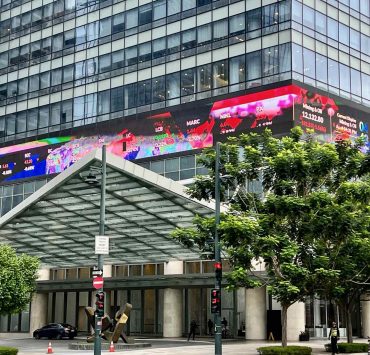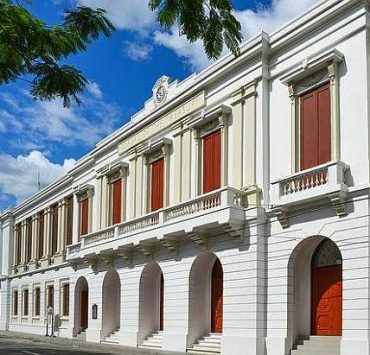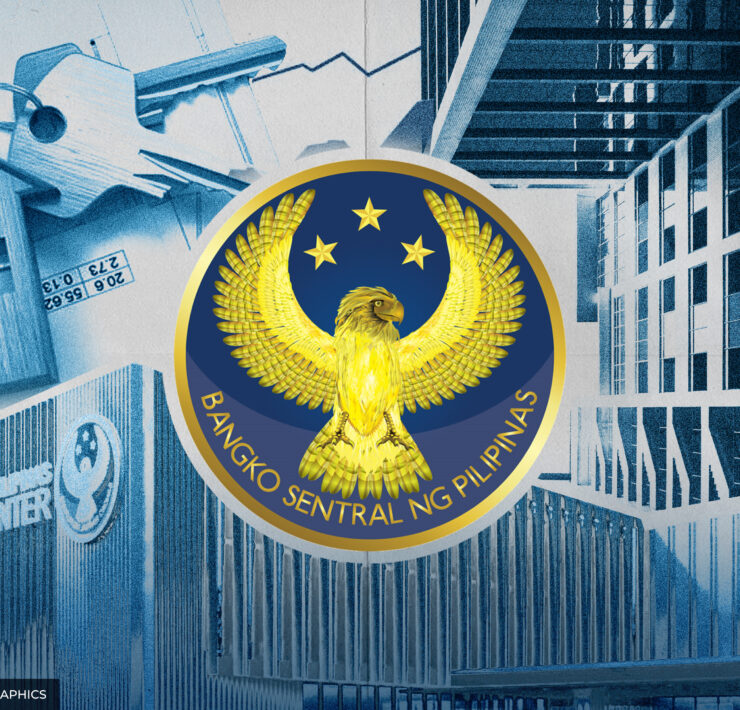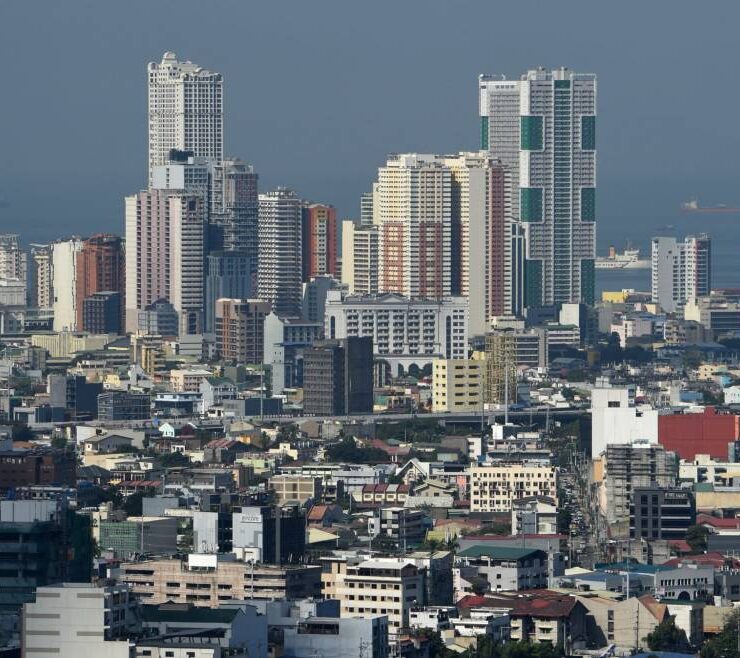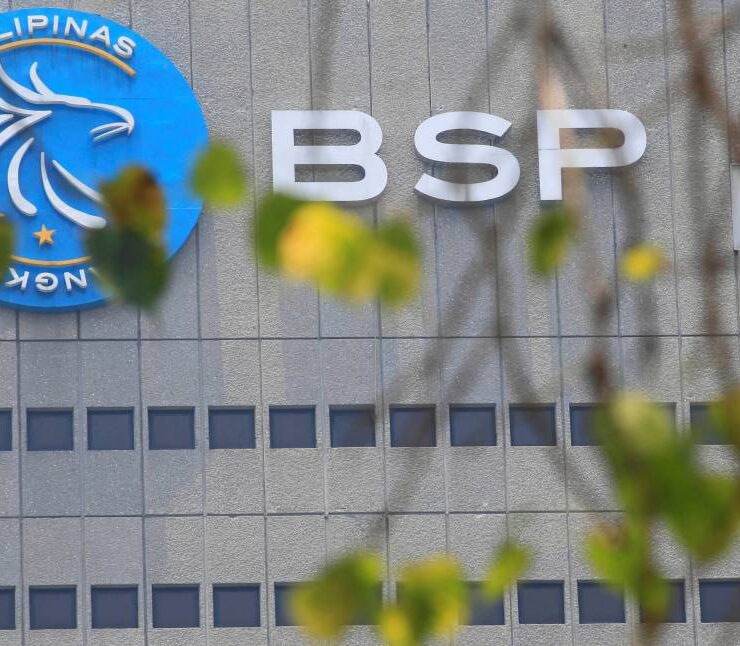BSP rates may stay untouched, after all

The Bangko Sentral ng Pilipinas (BSP) can afford to keep rates steady “for the time being,” although a rate cut is still possible if price pressures continue to ease, Governor Eli Remolona Jr. said on Monday.
At a congressional hearing on the proposed P6.35-trillion national budget for 2025, Remolona said the balance of risks to the inflation outlook of the BSP has “shifted to the downside” largely due to the implementation of rice tariff reduction.
Inflation expectations were also “well anchored,” he added while implying that “we have to worry less about second-round effects” that may stoke a wage-price spiral.
“Evolving inflation conditions show that the BSP can hold its policy settings steady for the time being. If price pressures continue to ease, it will be possible for the BSP to consider a less restrictive monetary policy stance,” the BSP chief said.
“Nonetheless, lingering supply concerns, geopolitical risks warrant continued and close monitoring of risks to the inflation outlook,” he added.
‘Lag effects’
Remolona earlier said it was possible that the central bank would kick off its easing cycle at the Aug. 15 policy meeting of the Monetary Board (MB)—possibly ahead of the US Federal Reserve which may start cutting rates in September.
This, despite the onslaught of the recent supertyphoon that destroyed over P1 billion worth of farm output.
The impact of the typhoon on prices could be “significant,” but there would be “lag effects” that may not influence the July and August inflation figures yet, Remolona said. Still, the BSP chief believes that inflation might have already peaked last month.
As it is, the central bank expects the July inflation figure that will come out on Aug. 6 to settle within the range of 4 to 4.8 percent. That projection suggests that there’s a big chance for inflation to overshoot its 2- to 4-percent target range, which Remolona described as a “small jump” due to distortions from base effects.
At the MB’s policy meeting last June 27, the overnight borrowing rate was kept at 6.5 percent, the highest in more than 17 years. Back then, Remolona said it was “somewhat more likely” that the central bank would cut the policy rate by a total of 50 basis points this year—with the first 25-bp cut possibly this month.
“We assume, based on our forecasts, that headline inflation will remain within our target range of between 2 to 4 percent for both 2024 and 2025,” Remolona told lawmakers.














